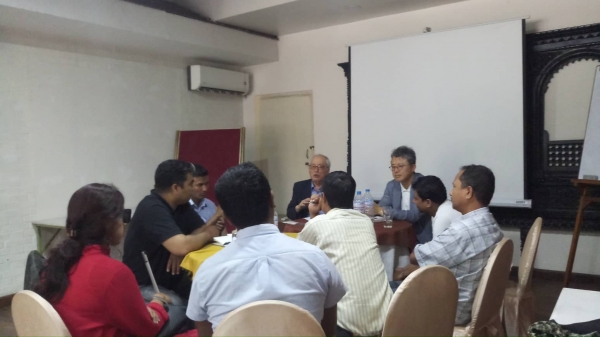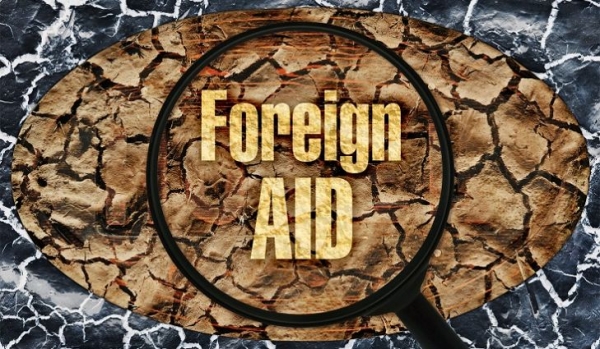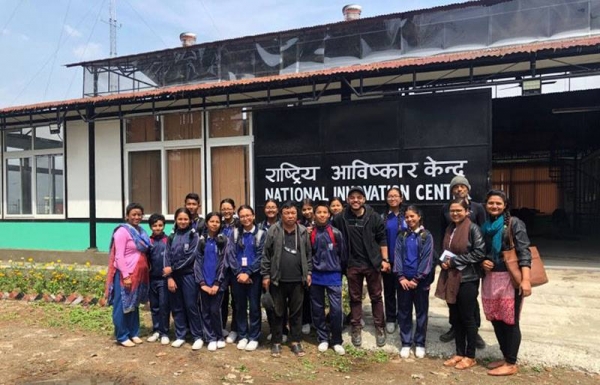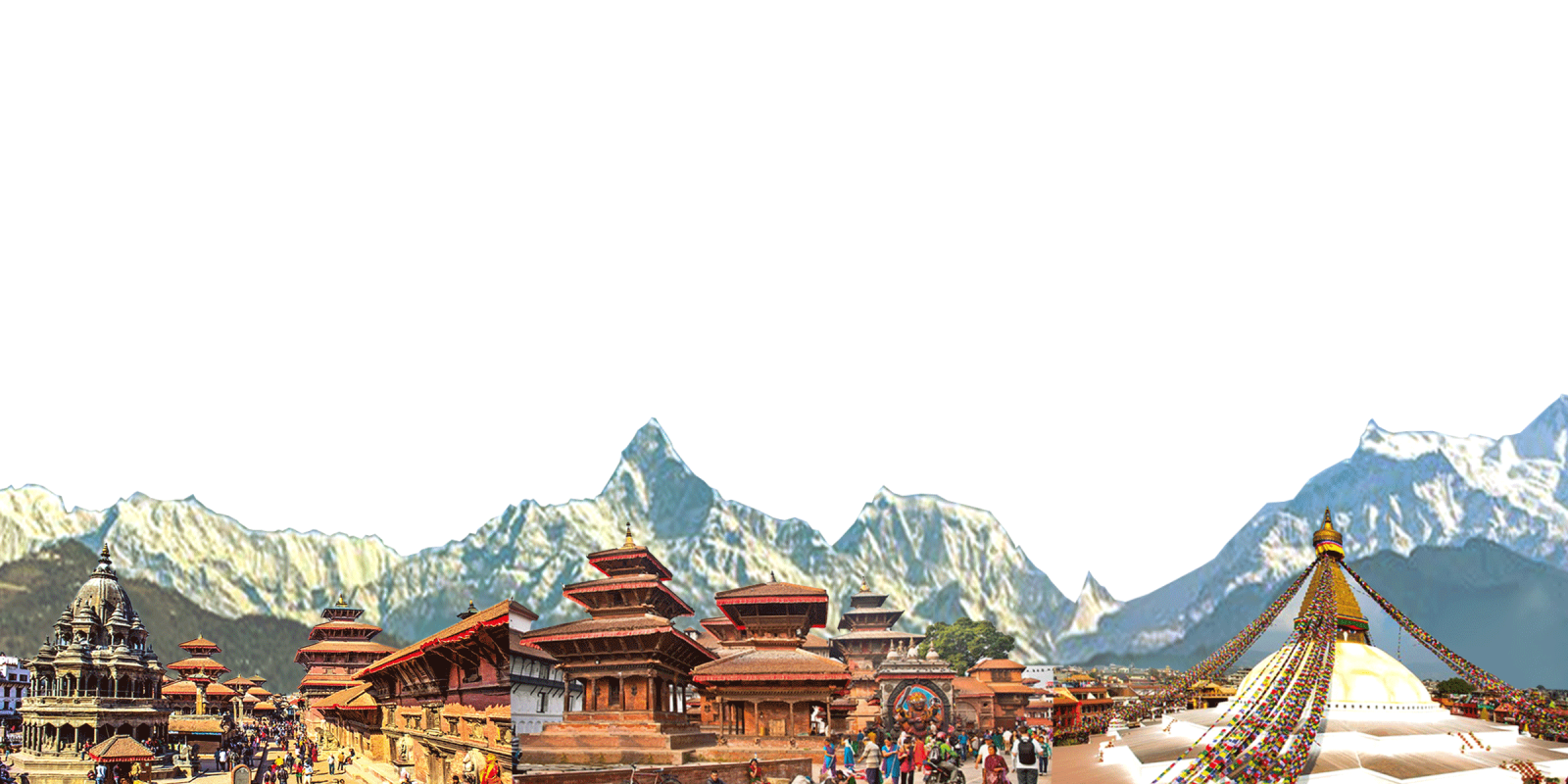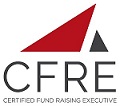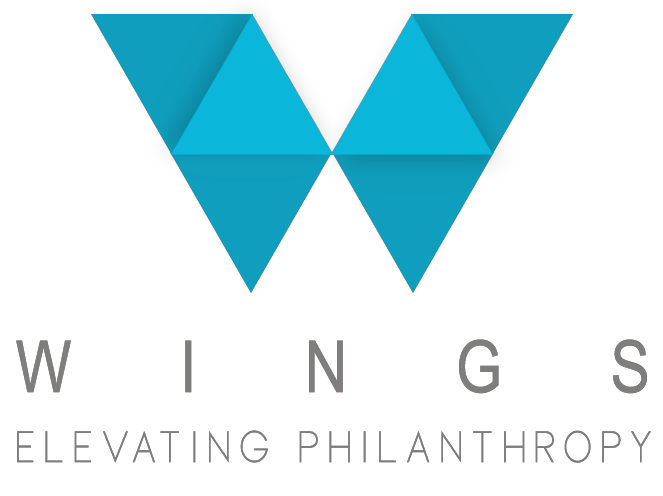Bhagawan Koirala, MD, FACC (July 24, 1960) is a cardiothoracic surgeon, professor and social worker. He is best known for pioneering Open-heart surgery in Nepal, and for starting an operational cardiac care for the public. He started a "Poor Patients Relief" program in 2003, with the support of the Government of Nepal, which focuses on providing free Cardiac care for children, elderly and needy.
Dr Koirala has played a key role in bringing the Heart Center to its present enviable position. He has been felicitated and recognized by various institutions over the years.
Currently, he is serving as the Head of Cardiothoracic and Vascular Surgery at the Tribhuban University. He is committed to establishing a hospital, The Kathmandu Institute of Child Health (KIOCH) in Nepal with satellite centers across nation.
He has done more than 15000 thousand heart operations till date and is adored by the public for his charity towards child heart patients and quotes, “No child of this country shall die of heart disease because of poverty.”
The government of Nepal has also demonstrated appropriate ownership by supporting Dr Koirala led current and past institutes to provide free cardiac care to poor children below 15 years of age and to senior citizens over 75 years of age.
In this interview with Dr. Koirala, Rewati Raman Dhakal, Chief Editor of MangoPost digs into his contribution and current projects. Excerpts:
1. What motivated you to adopt a philanthropic approach?
The whole concept of generating funds and creating a charitable funds and or working with the philanthropy started when we started providing an expensive cardiac service and cardio logical services in this country approximately 20 years ago.
We had the ability to do things, technology, and also some setup. So we could start doing some clinical work on heart related problems. But people didn't trust us initially because we were new and there was a risk associated with the heart disease. So, only poor people came by compulsion and rich people wouldn't come. That was the vicious cycle 20 years back.
Since then we started thinking on how we can help those poor people. There were no health insurance as well as government schemes to subsidize in health treatment. So that's how doing philanthropy or working with philanthropy started. With time, the picture changed; peoples' trust started to building, some changes started coming in, and government started to respond.
2. How did you experience heading big institutions and managing resources to offer free treatment to poor people at the same time in Nepal?
I the then Director of the hospital and Chief Surgeon of the Sahid Gangala National Heart Hospital had to ask for money from different people and donors for individual patient at that time which was impossible in long run. So in 2002 AD, we started working with some child rights NGOs and prominent social workers and media persons and formed an organization called "Bal Dhadkan".
A lot of resources need to be mobilized in order to perform my professional duties; which unfortunately are scarce in the hospital.
I had to be involved with different projects, drives and campaigns to be able to raise funds and charity for needy patients. It was very rigorous however I enjoyed it because it helped my patients. .
We wanted to make sure that “No child of this country shall die of heart disease because of poverty.” It was challenging but it was feasible. So, we lobbied with the government for long time.
Consequently, the government of Nepal provided subsidy and we have been able to offer free cardiac care to poor children below 15 years of age and to senior citizens over 75 years of age and some significant subsidy for poor and marginalized people.
3. How the idea of creating sustainable mechanism for heart treatment spurted and how did it translate in reality?
During that time we thought of some sustainable mechanism of fundraising because the then government didn't seem to own or work on the heart issue although I was working in the government hospital. So, we created an NGO called: Child Heart Beat "Baal Dhadkan" in Nepal and which will be dedicated to raise fund to offer free heart treatment to the children because there were more needy children. It worked well because there were well renowned people in the team. We were able to help children to some extent and offered services in predictable and sustainable fashion however that was not a long term solution.
So we started to think on the right way to carry out this project. By the next few years, we grew bigger and were able to carry out lots of operation and the Sahid Gangalal National Heart Hospital also became popular. People started talking and coming to seek services and government also started recognizing us. Importantly, rich people also started coming which was crucial to provide cross subsidy; rich pay and poor gets subsidy. But as an Executive Director of the hospital I felt challenging to provide free services to all the children reaching to our institution. Therefore, we lobbied with the politician leadership to come up with some schemes for poor people. Firstly, the Government provided 100 mechanical valves that were planted in the hearts free of cost. Quickly after that we went to develop a poor people support fund for catastrophic illness that included a subsidy of one lakh for poor people.
In 2006, we lobbied with a government to provide all types of services related to heart disease treatment free for the children less than 15 years of age and people over 75 years. Fortunately, our lobby was instrumental to convert all the schemes into government owned free service which are currently being offered at the Sahid Gangalal National Heart Hospital and Manmohan Cardio Vascular and Thoracic Center of Tribhuvan University.
For Nepal it’s a great under taking. We are proud that the vision of the Baal Dhadkan has been owned by the government of Nepal. Now, the heart treatment is institutionalized and hugely subsidized by government in Nepal.
4. Would you like to recall any organization or individual who trusted your dream and determination in the initial stage and dedicated their support as well?
There are many people and organizations that trusted and supported me in course of providing services to poor and needy people. However, I would like to share you an experience working with the Jayanti Memorial Trust.
Even before the Baal Dhadkan(Heart Beat) came into existence, we were working with Jayanti Memorial Trust. The Trust has an exceptional story. A royal family owned a hotel in Pokhara; the Fishtail Lodge. It is suppose to be a very exclusive hotel in Pokhara.
A Jyanti Shah had died in Royal Massacre in 2001 in Nepal and her mother wanted to convert the property into nonprofit foundation. That was very emotional moment because she also had a cancer. They invited me as director of the hospital to give some advice on what might be the best way. To my surprise, the people who were previously involved in the drafting of the constitution of that foundation had written something that would encourage and support people to go abroad for the treatment.
Looking into those points, I kept my distinct views and highlighted on the importance of promoting our own model of functioning of the foundation and offering support to heart treatment in Nepal. I had stressed on the importance of promoting our own national program.
Currently, 100% of the shares of that hotel are vested in the ownership of the Jyanti Memorial Trust where I am also on the board. So, all the profit would go to provide hearth treatment to poor people who are stuck at the Sahid Gangalal National Heart Hospital and at Manmohan Cardiothoracic Vascular and Transplant Center. The Jyanti Trust is still working with us.
5. There are many heart specialists in the city too but why do you think people have extra ordinary respect and gratitude towards you?
I am not an extraordinary person. I simply, love my subject and patients. I try to see my patients beyond my professional domain. I want to give at least one extra minute to them so I could know his/her problems. I think that is what they like.
Not only myself, even my colleague, subordinates and juniors are trying to do the same thing. We go out for health camps to remote places, 6-8 times a year with all the machines and technology. We go there to see those people who cannot come to our centers for check up and follow up.
We have also created an INR blood testing centers across the country so they don’t have to come to Kathmandu for little blood test. So, it has given us immense pleasure to our team from Manmohan and Sahid Gangalal National Heart Hospital.
Fundamentally, we are going to treat everybody; rich and poor, known and unknown in same manner and we have an equal respect for them too.
6. We have come to know that you are more inclined to save young generation of Nepal from heart disease these days, could you please share us your motivation on that?
First of all, I have a special interest in children's heart surgery on top of adult heart surgery and I’ve had also additional training on the subject. It is an exciting and challenging field and the issue is delicate and sensitive. Each year, I perform around 300 to 400 child heart surgeries out of a total of 600 plus.
It is heart rendering to see a child handicapped and expecting treatment from the rest of the world when s/he has as good a potential for a normal healthy life.
Though some parents can pay for the operation, the majority cannot. These are children who have a prospect of a normal life and lifestyle, with all the potential and abilities of a normal human being.
That is why I am involved with child heart care, and when I see them after a few years, it gives me immense pleasure to see them grow-up, progressed and changed.
Therefore, I am honored saving young generation of Nepal and I would be more involved in the near future into it.
7. Do you have any message for general population?
For the given population of over 10 million children, there are only few hospitals for children. There are very few private hospitals providing child care services.
None of them have a comprehensive multi specialty setup so that a child as a whole can be managed properly. That is exactly what the newly established organization-KIOCH is trying to do.
Therefore, I urge everybody to join our initiative to provide comprehensive care and treatment to all children and save young generation of Nepal.
출처 : 망고포스트(mangopost)(http://www.mangopost.org)
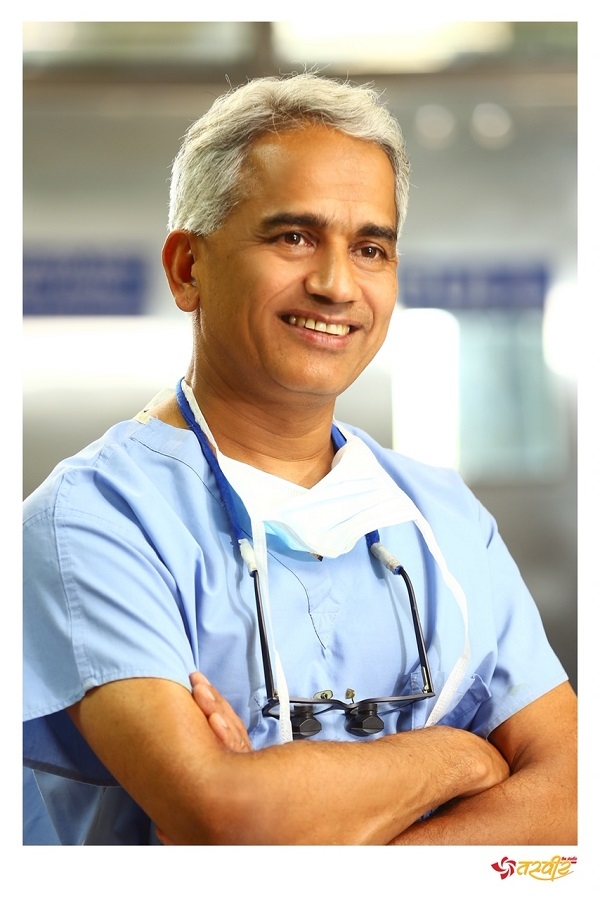
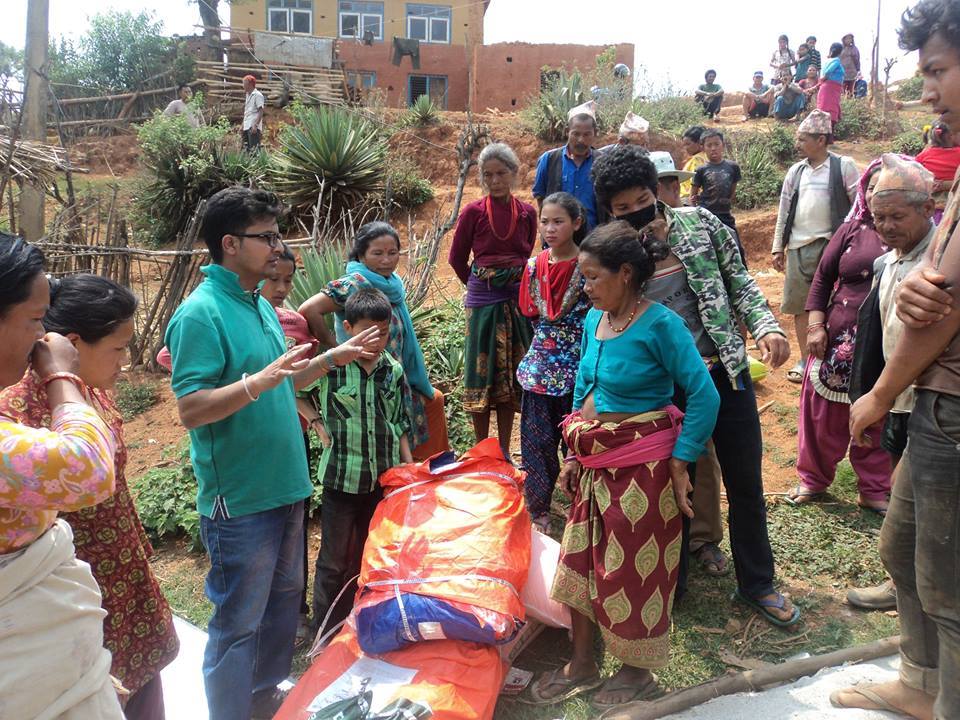
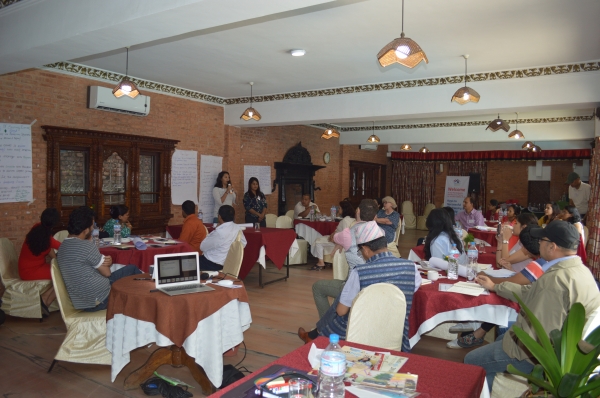
 Training of Trainers kicked off.jpg)
